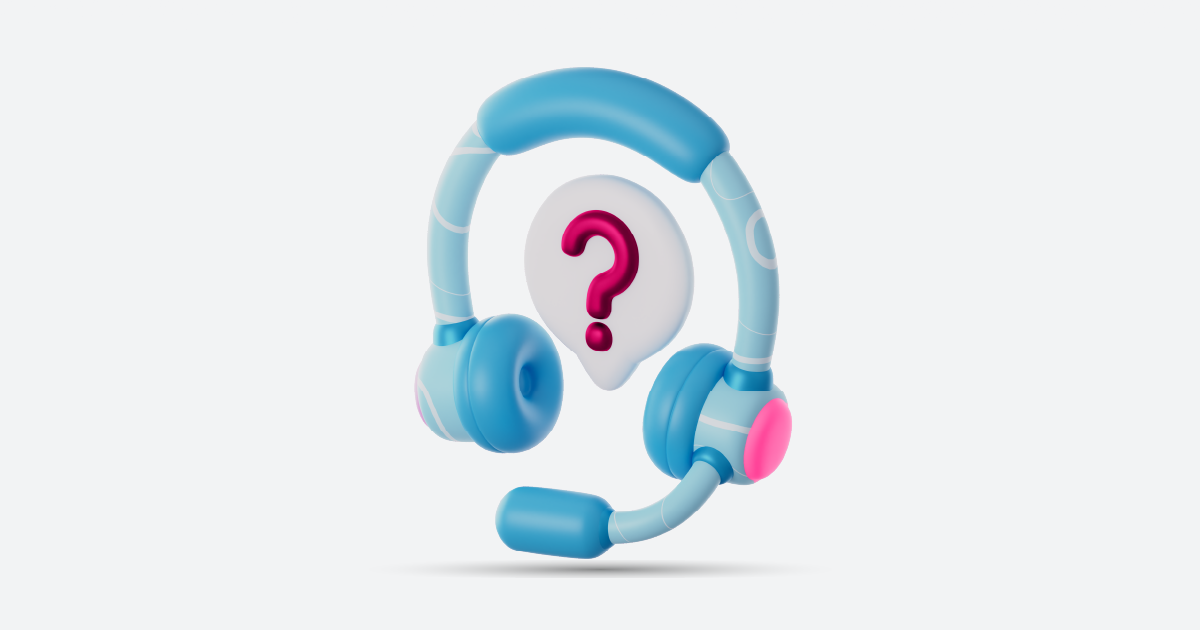In today’s fast-paced digital landscape, businesses are constantly seeking innovative ways to enhance their strategies and stay ahead of the competition. One such strategy that has gained immense prominence is B2B social listening. This dynamic approach is transforming the way businesses operate, enabling them to gain valuable insights, boost customer satisfaction, and foster meaningful relationships within the industry.
Understanding B2B Social Listening

B2B social listening, also known as social media monitoring, refers to the process of tracking online conversations to understand what customers are saying about a brand, product, or industry. Unlike traditional market research methods, social listening delves into the unfiltered opinions and sentiments expressed by individuals across various social media platforms.
Importance of B2B Social Listening
In the realm of business-to-business (B2B) interactions, social listening holds immense importance. It provides companies with the ability to:
1. Gain Real-Time Insights
B2B social listening allows businesses to monitor discussions related to their industry, products, and competitors in real-time. By staying updated on the latest trends and consumer preferences, companies can make data-driven decisions.
2. Enhance Customer Engagement
Engaging with customers on social media platforms is crucial for building lasting relationships. Social listening enables businesses to respond promptly to customer queries, feedback, and concerns, fostering a sense of trust and loyalty.
3. Competitive Analysis
By analyzing conversations about competitors, businesses can identify gaps in the market, understand their competitors’ strengths and weaknesses, and tailor their strategies accordingly.
4. Innovate Product Development
Social listening provides valuable feedback on existing products and services. Companies can use this information to identify areas of improvement and even brainstorm ideas for new offerings that cater to the evolving needs of their target audience.
Implementing Social Media Listening Strategies
Implementing an effective B2B social listening strategy involves the following key steps:
1. Identify Goals and Objectives
Define clear goals for your social listening efforts, whether it’s improving customer satisfaction, launching a new product, or staying ahead of industry trends. These goals will shape your monitoring approach.
2. Select the Right Tools
Choose reliable social listening tools that align with your business objectives. These tools should have advanced analytics capabilities to provide meaningful insights from the vast amount of data available.
3. Monitor Relevant Keywords and Topics
Identify keywords, hashtags, and topics relevant to your industry. By monitoring these specific terms, you can filter out the noise and focus on the conversations that matter most to your business.
4. Engage and Respond
Engage actively with your audience. Respond to positive feedback graciously and address negative comments professionally. Demonstrating your commitment to customer satisfaction enhances your brand reputation.
Conclusion
In conclusion, B2B social listening has become an indispensable tool for businesses aiming to thrive in the digital era. By harnessing the power of social media conversations, companies can make informed decisions, improve customer relationships, and stay ahead of the competition. Embracing social listening not only provides a competitive edge but also ensures that businesses remain relevant and customer-focused in an ever-changing market landscape.
Are you ready to revolutionize your business strategies through B2B social listening? Request a demo from AIM Technologies today and discover how our advanced social listening solutions can elevate your brand presence, enhance customer engagement, and drive unparalleled growth in your industry.
FAQs
1. What social media platforms should my business focus on for social listening?
- Focus on platforms where your target audience is most active. LinkedIn, Twitter, and industry-specific forums are often valuable sources of insights in the B2B space.
2. Is social listening only useful for large enterprises?
- No, businesses of all sizes can benefit from social listening. Small and medium-sized enterprises can gain valuable insights and enhance their customer relationships through social listening practices.
3. How frequently should I analyze social listening data?
- Regular analysis is essential. Consider weekly or monthly reviews to stay updated on trends and promptly respond to emerging discussions.
4. Can social listening help in crisis management?
- Yes, social listening is invaluable during crises. It enables businesses to monitor public sentiment, address concerns promptly, and manage their brand reputation effectively.
5. Is social listening the same as social media monitoring?
- While related, social listening goes beyond monitoring by analyzing sentiments, emotions, and trends, providing a deeper understanding of the conversations surrounding a brand or industry.


